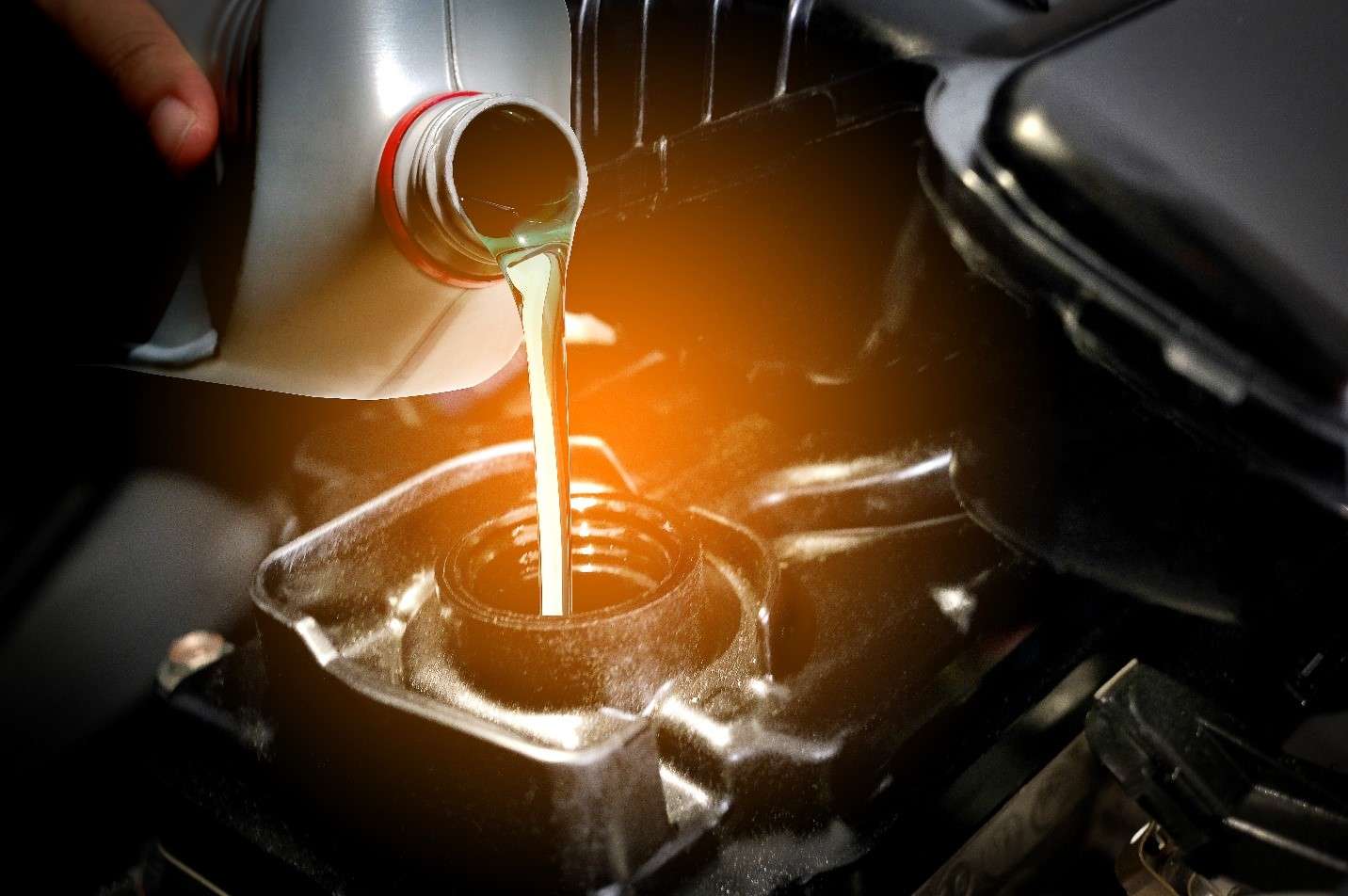Maximize Your Cars and truck'S Performance With Normal Oil Adjustments
Maintaining your automobile's performance is a complex endeavor, with regular oil changes standing out as a critical component. Fresh engine oil plays a critical duty in guaranteeing optimum lubrication, lowering friction, and protecting against wear on vital elements. Many motorists overlook the indicators that show a requirement for an oil change, potentially jeopardizing their vehicle's long life.
Relevance of Normal Oil Changes
While numerous cars and truck owners might overlook the relevance of normal oil modifications, neglecting this critical upkeep task can result in severe consequences for engine efficiency and longevity. Engine oil plays an important duty in lubing relocating parts, minimizing rubbing, and protecting against getting too hot. With time, oil weakens as a result of direct exposure to warmth and pollutants, which decreases its performance.
Stopping working to transform the oil routinely can result in the accumulation of sludge and particles, which can obstruct essential engine elements and cause enhanced wear. This not only jeopardizes engine effectiveness but can additionally cause expensive fixings or also total engine failure. Furthermore, old oil sheds its capacity to counteract acids generated during burning, which can bring about rust and more damages.
Furthermore, numerous lorry suppliers advise certain oil modification intervals, typically based on mileage or time. In recap, routine oil modifications are not simply a suggestion; they are a necessary element of liable automobile upkeep that secures the engine and improves total efficiency.
Benefits of Fresh Oil
Transforming to fresh oil offers numerous advantages that directly improve engine efficiency and effectiveness. One of the primary benefits of fresh oil is its remarkable lubricating homes. New oil lowers friction between engine elements, which not only reduces wear but also contributes to smoother procedure. This results in boosted fuel performance, as the engine does not need to work as difficult to conquer resistance.
Furthermore, fresh oil successfully cleans up the engine by putting on hold pollutants and preventing sludge accumulation. Gradually, oil ends up being contaminated with dust, metal particles, and combustion results. On a regular basis changing oil makes sure that these dangerous materials are removed, advertising a cleaner and healthier engine environment.
In addition, fresh oil aids in optimum temperature law. It dissipates warmth more efficiently, preventing getting too hot and prospective damage to engine components. This is especially important during peak efficiency situations, where warm buildup can harm engine performance.
Indications Your Oil Needs Transforming
Engine oil is the lifeline of your vehicle, and acknowledging when it requires changing is critical for preserving optimum performance - Oil Change Lockhart. Numerous indicators show that it's time for an oil adjustment, and remaining vigilant can protect against engine damage and costly repair services
First, examine the shade and uniformity of the oil. Fresh oil is usually amber and smooth, while old oil may appear dark and sandy, suggesting contamination and minimized effectiveness. An adjustment in thickness can additionally represent that the oil has damaged down and is no longer adequately oiling engine parts.

One more indication is the this post oil change light on your dashboard. This sharp works as a tip that the oil has reached its life expectancy or that there is an underlying concern requiring attention. Furthermore, uncommon engine noises, such as knocking or ticking, may suggest inadequate lubrication because of degraded oil.
Lastly, if you see oil places or pools under your car, it might indicate a leakage that necessitates immediate assessment and feasible oil modification. Being alert to these indicators will ensure your engine runs smoothly and efficiently.
Selecting the Right Oil
Choosing the appropriate oil for your car is crucial for making certain optimal performance and durability. Engine oils are available in different types and thickness, each formulated to meet details needs. The very first factor to consider ought to be the maker's recommendations, which can usually be located in the owner's manual. This advice will guide you towards the proper thickness quality, such as 5W-30 or 10W-40, which suggests the oil's thickness at different temperature levels.
Following, consider the kind of oil: standard, synthetic, or browse around this site a blend. Standard oil is obtained from unrefined oil and is ideal for older automobiles, while synthetic oil uses premium security and performance for modern-day engines, especially under severe conditions. Synthetic blends combine the advantages of both and are commonly a cost-efficient choice.
In addition, look for oils that meet industry requirements, such as see it here API (American Petroleum Institute) or ACEA (Organization des Constructeurs Européens d'Automobiles) qualifications. These indicators ensure that the oil has actually been checked for top quality and performance. Eventually, picking the appropriate oil not only improves engine performance but also adds to the total health of your vehicle, paving the means for smoother driving experiences.
Oil Modification Regularity Recommendations

Factors influencing oil adjustment regularity include driving problems, such as stop-and-go traffic, severe temperature levels, and lugging hefty loads. Under severe conditions, it could be sensible to change the oil a lot more regularly to protect against engine wear. Additionally, some modern lorries come equipped with oil life tracking systems that give personalized recommendations based upon driving behaviors, which can additionally optimize the oil modification routine.
It's critical to consult your owner's guidebook for certain recommendations customized to your automobile. Complying with these guidelines not only preserves engine health however also enhances gas performance and lowers discharges. To conclude, regular oil changes, timed properly based upon numerous variables, are a fundamental facet of vehicle upkeep that can substantially affect efficiency and long life.
Verdict
